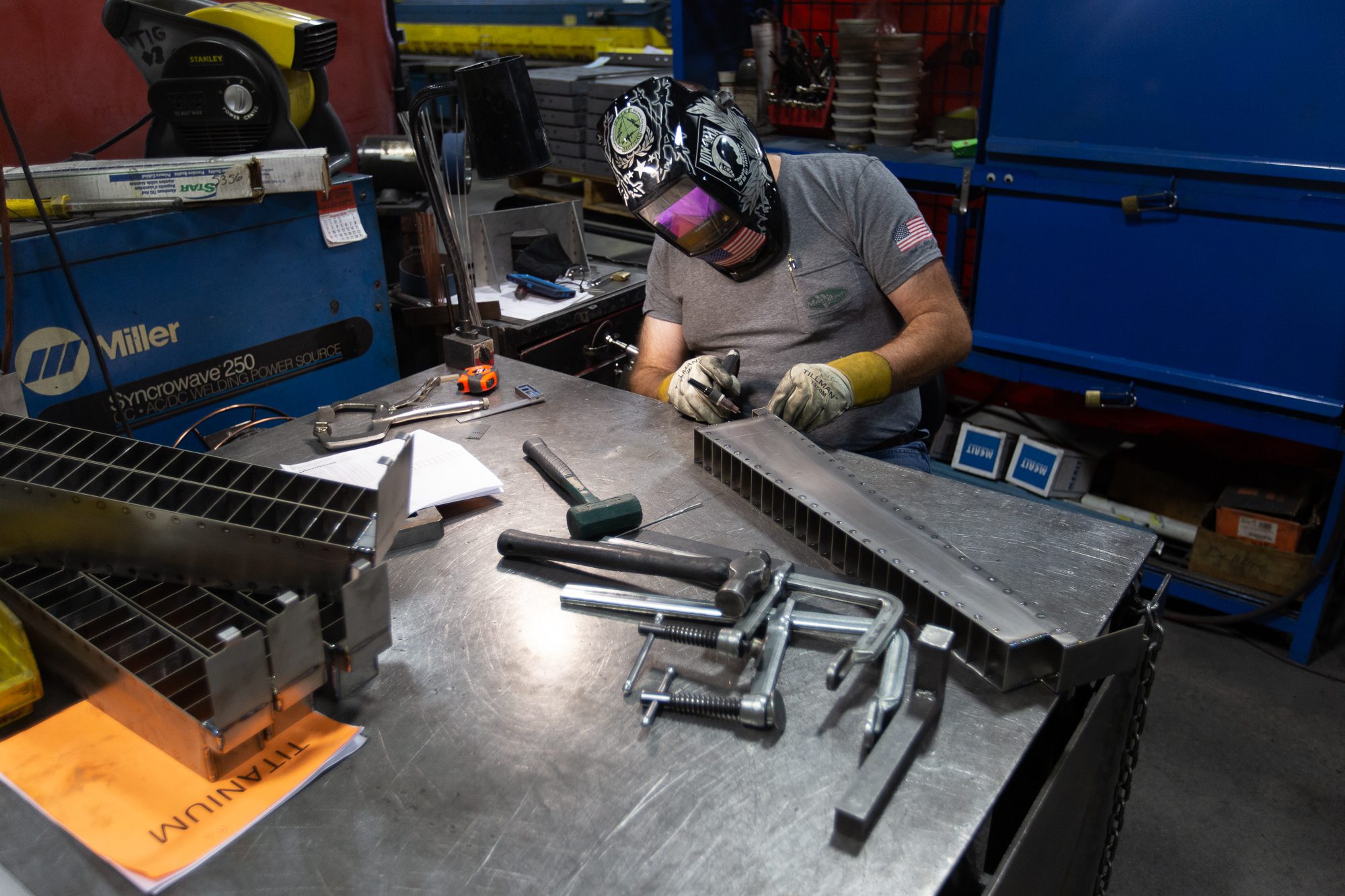Introduction
The Estate Nirman Nigam is a prominent entity in the construction and real estate development sector, primarily in India. With a mission to enhance urban infrastructure and promote sustainable development, the organization has ventured into various innovative projects, including the establishment of Fabrication Centers. These centers play a crucial role in streamlining construction processes, improving efficiency, and maintaining quality standards. This document outlines the franchise model of the Fabrication Center, its operational framework, benefits, challenges, and strategic recommendations.

Concept of Fabrication Centers
Fabrication Centers are specialized facilities where construction components are manufactured using advanced technologies and methodologies. They are designed to produce standardized building materials, such as pre-cast concrete elements, steel structures, and modular components. By centralizing fabrication, these centers help in reducing on-site construction time, minimizing waste, and ensuring higher quality control.
Franchise Model Overview
The franchise model for the Fabrication Center under Estate Nirman Nigam involves partnerships with local entrepreneurs or businesses that wish to operate a Fabrication Center in their region. This model provides several advantages, including local market knowledge, reduced capital investment for the parent company, and the ability to scale operations quickly.
Key Components of the Franchise Model
Franchise Agreement: A legal document outlining the terms and conditions of the partnership, including operational guidelines, royalty fees, and brand usage.
Training and Support: The franchisor provides comprehensive training programs for franchisees covering technical skills, management practices, and quality assurance processes.
Branding and Marketing: Franchisees benefit from the established brand reputation of Estate Nirman Nigam, which aids in customer acquisition and trust-building.
Supply Chain Management: The franchisor facilitates a robust supply chain for raw materials and components, ensuring consistency and quality across all fabrication centers.
Technology Integration: Franchisees are equipped with modern technology, including CAD software and automated machinery, to enhance productivity and precision.

Benefits of the Franchise Model
Reduced Risk: By partnering with an established brand, franchisees can minimize risks associated with starting a new business, leveraging the experience and resources of the parent company.
Access to Established Processes: Franchisees can adopt proven operational procedures, ensuring high-quality outputs and efficient workflows.
Market Penetration: The franchise model allows for rapid expansion into new markets, enabling the Estate Nirman Nigam to establish a wider footprint across various regions.
Innovation and R&D: Franchisees can contribute to and benefit from research and development initiatives led by the parent company, fostering innovation in construction techniques and materials.
Economic Growth: The establishment of Fabrication Centers can stimulate local economies by creating jobs, increasing local business opportunities, and supporting regional development.

Challenges in the Franchise Model
Quality Control: Maintaining consistent quality across various franchise locations can be challenging, necessitating strict adherence to operational standards and regular audits.
Market Competition: Franchisees may face competition from local businesses or other franchises, requiring effective marketing strategies to differentiate themselves.
Initial Investment: While the franchise model reduces certain risks, franchisees still need to make a significant initial investment in equipment, facilities, and training.
Dependence on Franchisor: Franchisees may become overly reliant on the franchisor for guidance and support, which can hinder their ability to operate independently.
Regulatory Compliance: Navigating local regulations and compliance requirements can be complex, varying from one region to another.
Operational Framework
The operational framework of the Fabrication Center franchise involves several key processes:
Site Selection: Identifying optimal locations based on market demand, logistical considerations, and infrastructure availability.
Facility Setup: Establishing a manufacturing facility equipped with necessary machinery, tools, and safety measures.
Recruitment and Training: Hiring skilled personnel and providing them with training to ensure they are proficient in fabrication techniques and quality control standards.
Production Management: Implementing efficient production schedules and inventory management practices to ensure timely delivery of products.
Quality Assurance: Establishing rigorous quality control measures throughout the production process to maintain standards and customer satisfaction.
Customer Engagement: Building relationships with clients through effective communication, addressing concerns, and ensuring timely service delivery.
Strategic Recommendations
Enhanced Training Programs: Develop continuous training and development initiatives to keep franchisees and their staff updated on the latest technologies and industry standards.
Robust Support Systems: Establish a dedicated support team to assist franchisees with operational challenges, ensuring quick resolution of issues.
Marketing Collaboration: Encourage franchisees to engage in local marketing campaigns while providing them with marketing materials and guidelines from the parent company.
Regular Performance Audits: Conduct periodic audits of franchise operations to ensure compliance with quality standards and identify areas for improvement.
Feedback Mechanism: Implement a structured feedback system for franchisees to share their experiences and suggestions, fostering a collaborative environment for continuous improvement.
Conclusion
The franchise model of Fabrication Centers under Estate Nirman Nigam presents a promising opportunity for expanding its footprint in the construction sector. By leveraging local entrepreneurship and establishing a robust support system, the organization can enhance its operational efficiency, maintain high-quality standards, and contribute to sustainable urban development. While challenges exist, strategic planning and continuous improvement can help mitigate these risks, leading to a successful and impactful franchise network.
Through this model, Estate Nirman Nigam not only strengthens its brand presence but also plays a pivotal role in modernizing the construction industry and promoting economic growth in various regions.
